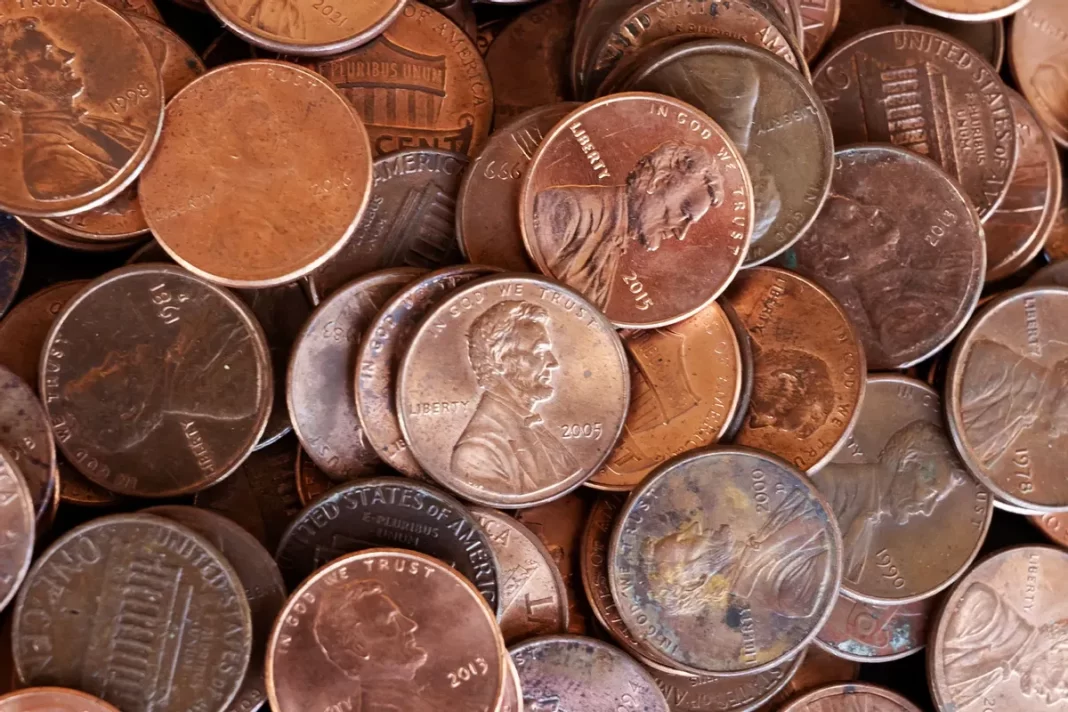The US Treasury Department has officially announced that it will stop producing the penny coin by early 2026. This decision marks a major change in American currency policy after years of discussions about the coin’s usefulness and the increasing costs of making it.
US Treasury’s move follows a directive from President Donald Trump issued in February 2025, and it comes as bipartisan support in Congress grows for phasing out the lowest denomination of US currency
According to reports, the Treasury has placed its final order for penny blanks, and officials have indicated that the US Mint will keep producing the coin only as long as they have existing materials on hand.
Once the current supply of pennies runs out, there won’t be any new ones coming into circulation. However, the coins that are already out there will still be considered legal tender and can be used for purchases.
The department believes that stopping production will save American taxpayers a whopping $56 million each year.
President Trump has called the penny “wasteful,” pointing out that it now costs over 3.6 cents to make each coin—more than three times what it’s worth.
In a social media post, he remarked, “For far too long, the United States has been minting pennies that literally cost us more than 2 cents. This is so wasteful! Let’s cut the waste from our great nation’s budget, even if it’s just a penny at a time.”
This year, lawmakers in Congress have put forward two bipartisan bills aimed at putting an end to penny production for good: the Make Sense Not Cents Act and the Common Cents Act.
These proposals highlight a growing agreement that continuing to produce the penny just doesn’t make economic sense anymore.
If these changes go through, retailers and other businesses will start rounding cash transaction totals to the nearest five cents. However, electronic payments will still reflect the exact amounts without any changes.
The penny, which made its debut in 1793 and has featured President Abraham Lincoln’s image since 1909, has been a staple in American culture for quite some time.
Yet, many critics believe it’s becoming increasingly outdated in our digital world, often ending up forgotten in jars and drawers.
Supporters, including charitable organizations and some economists, believe that the penny still plays a vital role in keeping prices accurate and aiding donation efforts.
Right now, there are about 114 billion pennies floating around in circulation.
While the US Mint plans to keep making nickels, experts caution that this could end up being more expensive.
Minting a nickel costs nearly 14 cents, which raises concerns that stopping penny production might just shift the financial burden to other coins in the system.
The United States is now in the same boat as countries like Canada, Australia, and New Zealand, which have already done away with their lowest-denomination coins.
Analysts suggest that the success of this policy will hinge on how smoothly the transition is handled and whether the government can also find ways to cut production costs for pricier coins like the nickel.
For the latest updates and insights on new developments, visit the NEWSON


